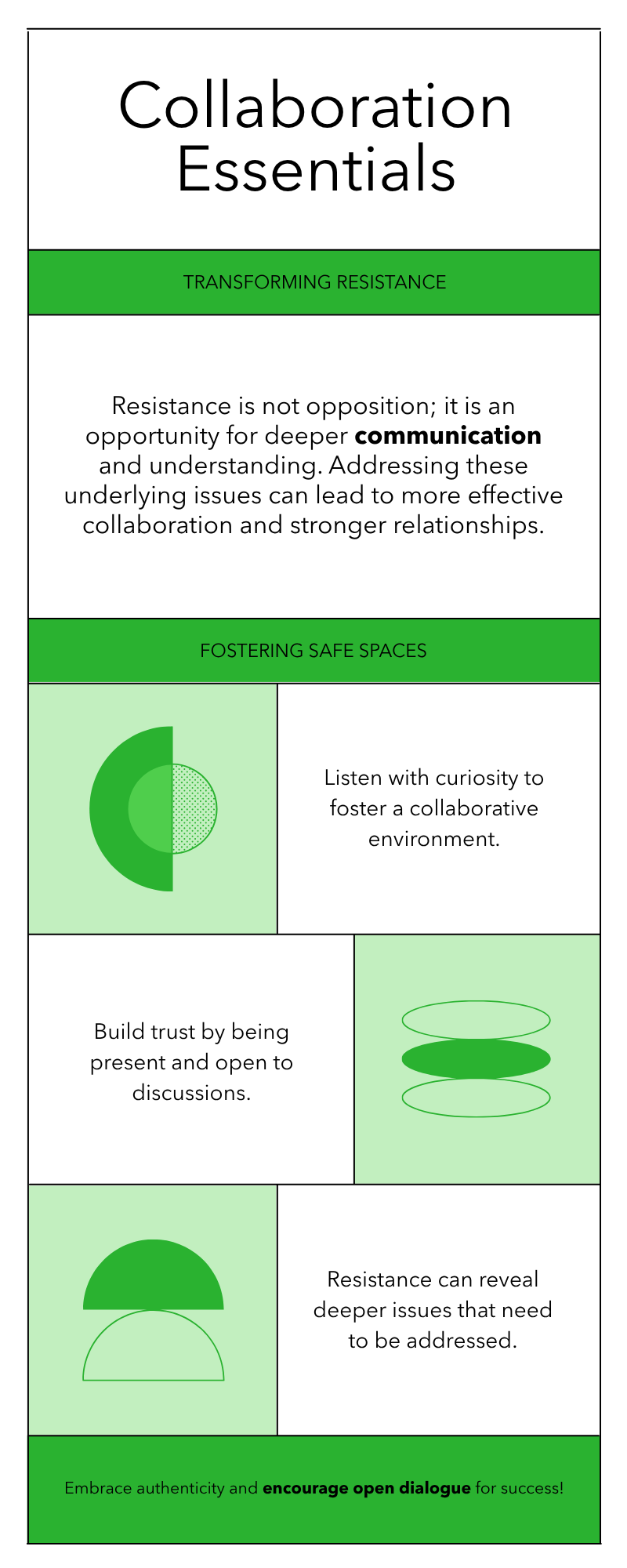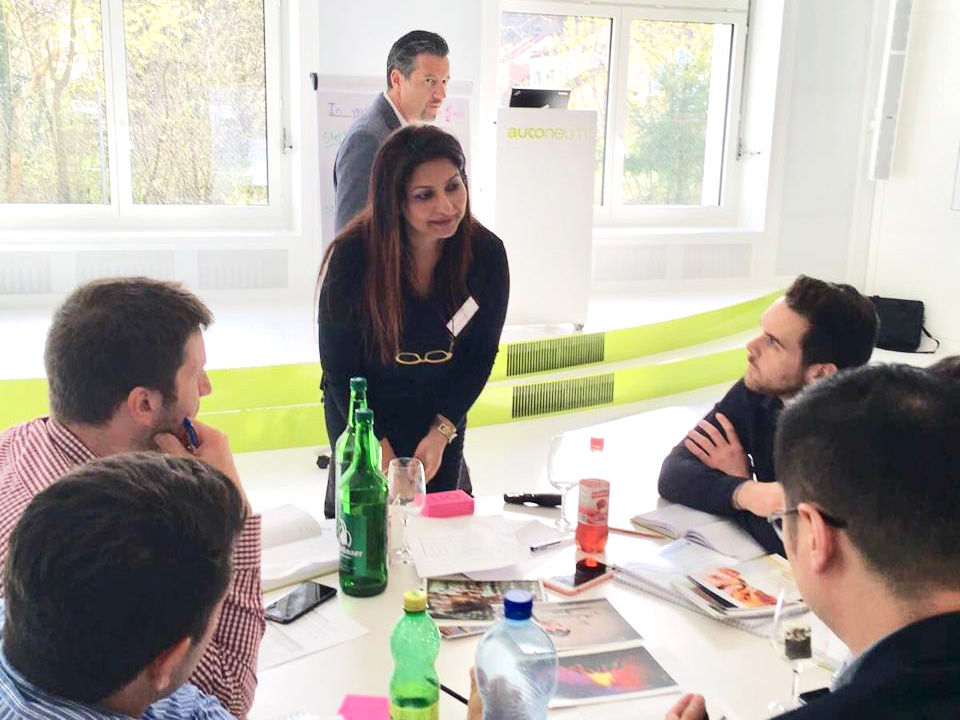Journey from Resistance to Collaboration
- Shikhar Agarwal
- Jun 20, 2025
- 2 min read
Updated: Jun 26, 2025
From Tension to Trust: Navigating the Shift from Resistance to Collaboration
Resistance is not the enemy of progress — it’s often the beginning of it. When individuals or teams push back, disengage, or appear reluctant, it usually signals something deeper: fear of loss, past disappointments, unclear expectations, or simply not feeling heard.
In my work across sectors and cultures, I’ve seen this play out again and again. And what I’ve learned is this: collaboration isn’t something you can demand. It’s something you build — through understanding, trust, and shared purpose.
1. Resistance is Communication
Before we label resistance as ‘difficult,’ we need to pause and ask:
what is this behaviour trying to protect? Often, it points to:
A fear of not being valued in the new way of working
Concerns about psychological safety
Unspoken history or unresolved tension
Resistance isn’t opposition. It’s information.
2. Listen to Learn, Not to Fix

The move from resistance to collaboration begins with curiosity. When we stop trying to solve the person and start listening for what matters to them, the conversation changes. Empathy opens the door that logic alone can’t.
Trust isn’t built by solving problems. It’s built by being present with them.
3. Make It Safe to Say No
True collaboration only begins when people feel safe to disagree. Creating space for dissent, alternative views, and “not yet” allows authenticity to flourish. Ironically, the freedom to say no is what creates the conditions for a real yes.
4. Align Around Shared Purpose
People will resist being controlled — but they will commit to a purpose they believe in. Move beyond “compliance with process” and invite co-creation around outcomes that matter.
5. Create Small Wins Together
Nothing builds collaboration like momentum. Start small — a joint decision, a shared learning moment, a redefined ritual. Each act of success shifts the system from “us vs them” to “we.”

The real transformation isn’t in the plan.
It’s in the relationship.
When people feel seen, heard, and respected — resistance melts. What remains is the willingness to build something together.
If your team or system is stuck in resistance, perhaps what’s needed isn’t more persuasion — but more presence.
Who I Work With
Individuals
Mid–senior leaders, founders, solopreneurs in transition.
Includes: Executive coaching, personal clarity, leadership development
Organisations
NGOs, corporations, mission-led businesses
Includes: Sustainable Organization Transformation, Culture change, strategy alignment, leadership learning


